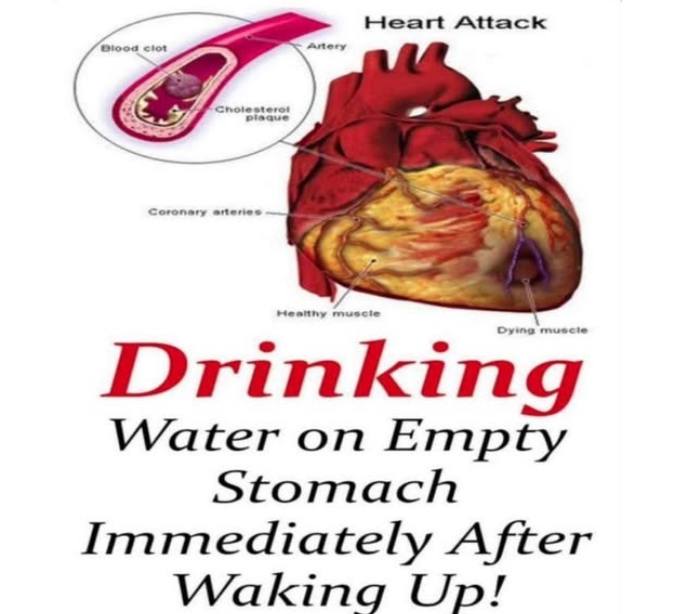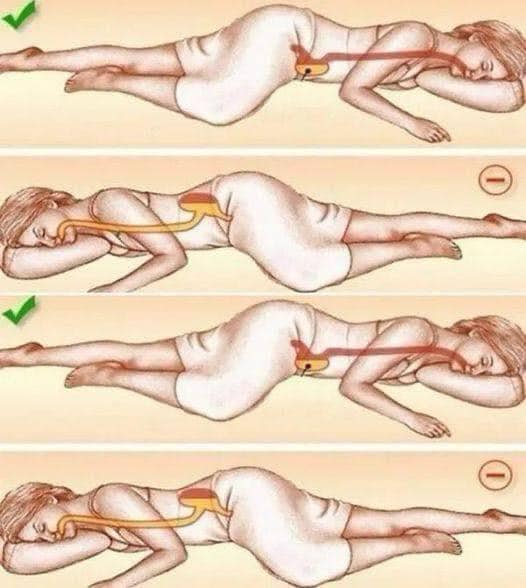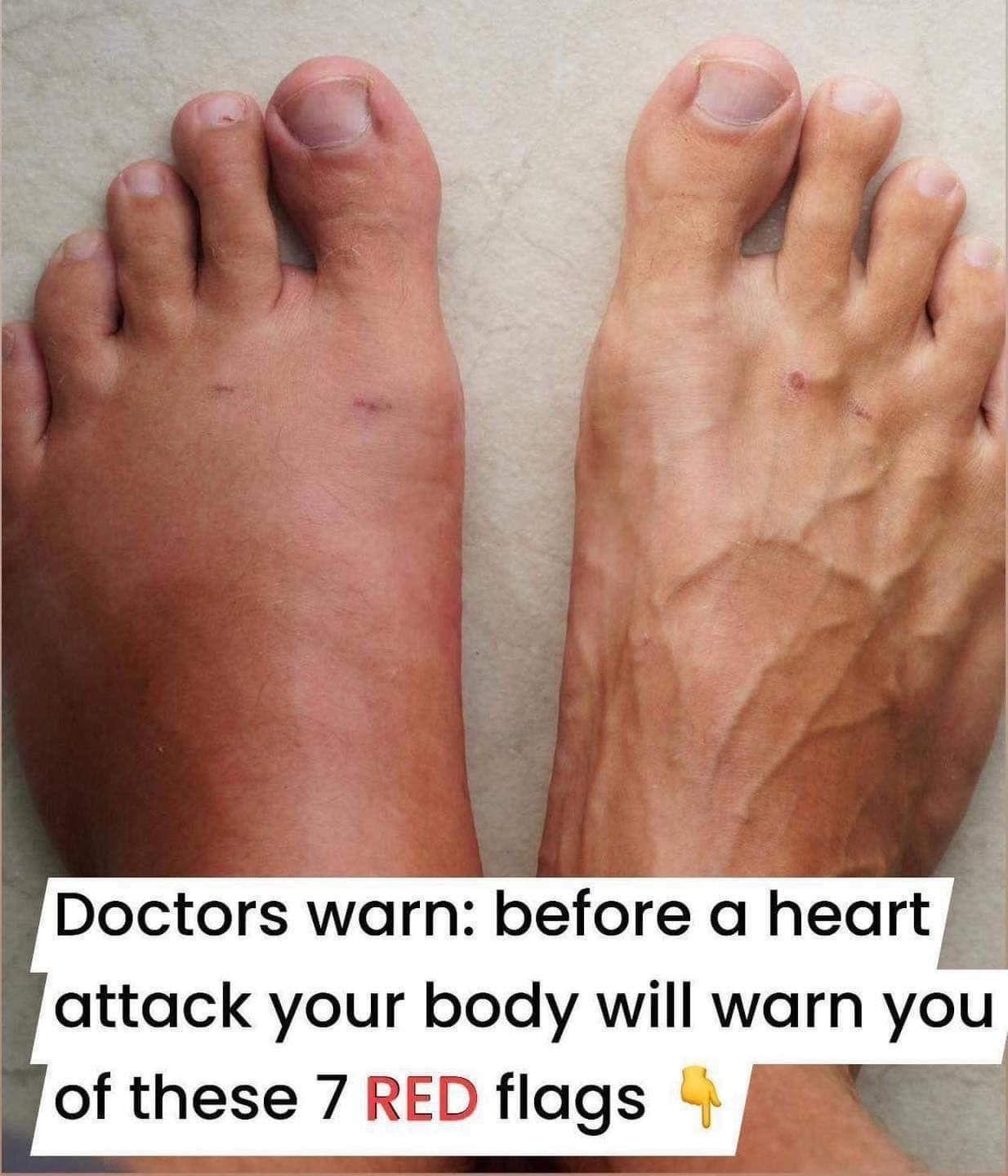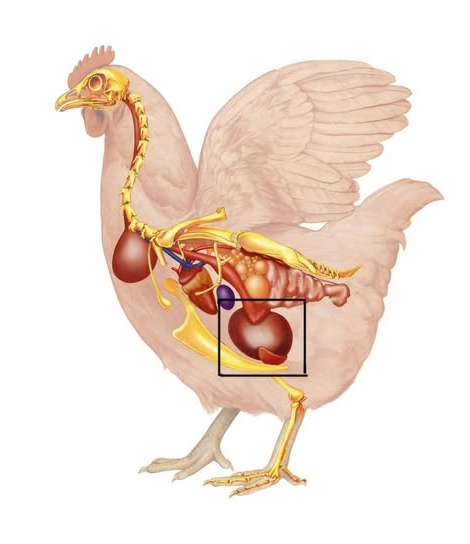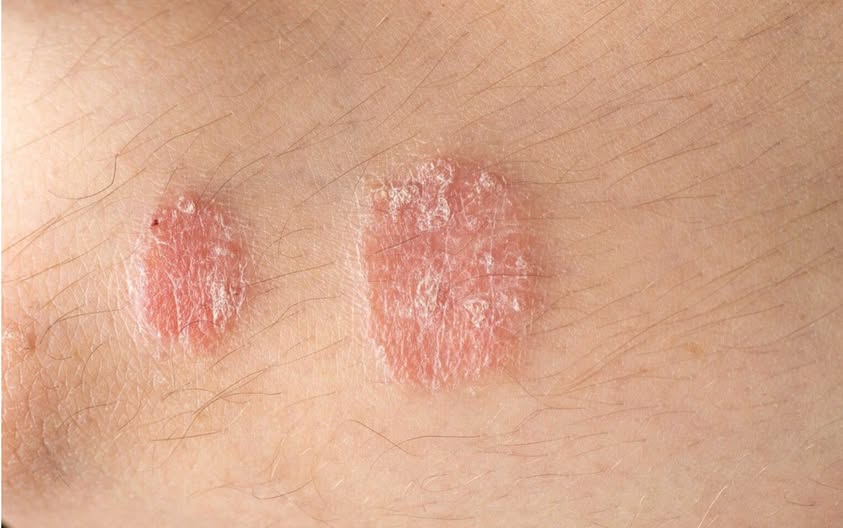
7 Warning Signs Your Body May Show Before a Heart Attack
Heart attacks are a leading cause of death worldwide, and recognizing the warning signs early can save lives. Many people lead stressful lives, consume unhealthy diets, and struggle with maintaining a healthy weight, which increases the risk of heart-related issues. The good news is that your body often gives clear signals before a heart attack occurs. Understanding these 7 warning signs your body may show can help you take proactive measures to protect your heart health.
The Importance of Recognizing the Signs
Heart attacks don’t happen without warning. Research indicates that the body often signals distress days or even weeks in advance. Ignoring these signs can have life-threatening consequences, so it’s essential to pay attention to what your body is telling you.
1. Fatigue – A Subtle Yet Critical Indicator
Fatigue is one of the most common warning signs of a potential heart attack. If you feel unusually tired, even after minimal effort, it could indicate that your heart is struggling to pump blood efficiently. Narrowed arteries reduce blood flow, forcing the heart to work harder, which leaves you feeling drained.
How Fatigue Manifests
- Persistent exhaustion
- Difficulty performing daily tasks
- Feeling sleepy or lethargic without explanation
If you experience fatigue regularly, consult a healthcare professional to rule out any underlying heart issues.
2. Shortness of Breath – A Breathless Warning
Shortness of breath occurs when your lungs don’t receive enough oxygen due to reduced blood flow. This symptom often accompanies heart problems and can signal an impending heart attack.
When to Be Concerned
- Struggling to catch your breath after mild activity
- Breathing difficulties while lying down
- A sensation of tightness in the chest
If you notice these symptoms, seek medical advice immediately.
3. Weakness – Your Body’s Cry for Help
Sudden and unexplained weakness is another warning sign your body may show before a heart attack. This symptom often results from poor circulation, leaving your muscles and tissues deprived of necessary oxygen and nutrients.
Key Indicators of Weakness
- Feeling faint or lightheaded
- Difficulty standing or walking
- A sense of instability
Don’t ignore this sign, as it could indicate serious cardiovascular issues.
4. Dizziness and Cold Sweats – Alarming Red Flags
Poor blood circulation can lead to dizziness and cold sweats. These symptoms are often overlooked but can be critical indicators of an impending heart attack.
Recognizing the Symptoms
- Sudden onset of dizziness
- Sweating without physical exertion
- Clammy skin
If you experience these symptoms, especially alongside chest discomfort, seek immediate medical attention.
5. Flu or Cold-Like Symptoms – An Unexpected Clue
Many heart attack survivors report experiencing flu-like symptoms in the days leading up to their attack. While these symptoms may seem unrelated, they can be a warning sign.
Common Flu-Like Symptoms
- Body aches
- Fatigue
- Mild fever or chills
If these symptoms persist and are accompanied by other warning signs, consult a doctor.
Read more: Discover a Natural Botox Alternative for Smoother, Younger-Looking Skin
6. Chest Pressure – The Most Recognizable Symptom
Chest pressure is one of the most well-known signs of a heart attack. This discomfort often starts mildly and gradually intensifies, signaling that your heart is under strain.
Characteristics of Chest Pressure
- A feeling of heaviness or tightness in the chest
- Pain that radiates to the shoulders, arms, or jaw
- Persistent discomfort that doesn’t go away
Chest pressure should never be ignored, as it is a primary indicator of a heart attack.
7. Swollen Feet – A Sign of Circulatory Problems
Swelling in the feet, ankles, or legs can result from congestive heart failure. When the heart struggles to pump blood effectively, fluid can accumulate in the lower extremities, causing noticeable swelling.
Symptoms of Swelling
- Puffy or swollen ankles and feet
- Skin that feels tight or stretched
- Discomfort in the lower legs
If you notice persistent swelling, consult a healthcare provider to determine the cause.
Taking Action – What to Do If You Notice These Signs
Recognizing the 7 warning signs your body may show before a heart attack is crucial, but taking action is equally important. Here’s what you should do:
- Consult a Doctor: Schedule regular check-ups and discuss any symptoms with your healthcare provider.
- Adopt a Healthy Lifestyle: Eat a balanced diet, exercise regularly, and manage stress effectively.
- Know Your Numbers: Keep track of your blood pressure, cholesterol, and blood sugar levels.
Conclusion – Listen to Your Body
Heart attacks often come with warning signs that should never be ignored. By understanding the 7 warning signs your body may show, you can take proactive steps to protect your health. If you or someone you know experiences any of these symptoms, seek medical attention immediately.
Please SHARE this article with your family and friends on Facebook! Who knows, these videos may help save a life.
